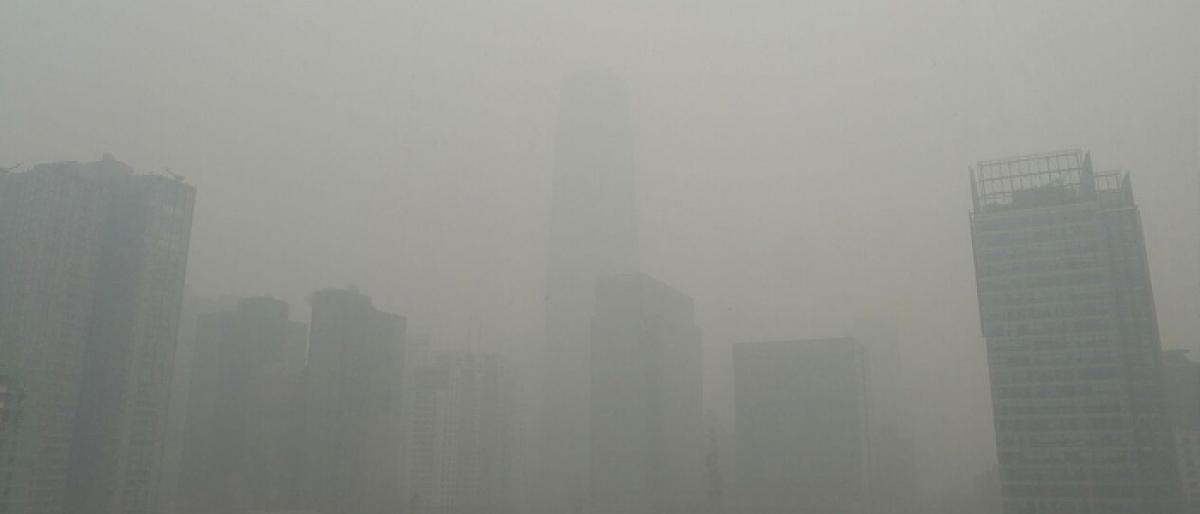Effects of PM 2.5

Nearly 15,000 people died prematurely in Delhi due to pollution by fine particulate matter in 2016, according to a new study which ranked the national capital third in a list of cities reporting most deaths due to air pollution Shanghai was ranked first in most premature deaths at 17,600 and Beijing second with 18,200 deaths due to PM25 pollutant PM25 refers to atmospheric particulate matter w
Nearly 15,000 people died prematurely in Delhi due to pollution by fine particulate matter in 2016, according to a new study which ranked the national capital third in a list of cities reporting most deaths due to air pollution. Shanghai was ranked first in most premature deaths at 17,600 and Beijing second with 18,200 deaths due to PM2.5 pollutant. PM2.5 refers to atmospheric particulate matter with diameter less than 2.5 mm, reports DNAindia.com.
The New York State Departments of Health (DOH) and Environmental Conservation (DEC) alert the public by issuing a PM2.5 Health Advisory when PM2.5 concentrations in outdoor air are expected to be unhealthy for sensitive groups. What is Particulate Matter 2.5 (PM2.5)? The term fine particles, or particulate matter 2.5 (PM2.5), refers to tiny particles or droplets in the air that are two and one half microns or less in width. Like inches, meters and miles, a micron is a unit of measurement for distance.
There are about 25,000 microns in an inch. The widths of the larger particles in the PM2.5 size range would be about thirty times smaller than that of a human hair. The smaller particles are so small that several thousand of them could fit on the period at the end of this sentence. How can PM2.5 affect my health? Particles in the PM2.5 size range are able to travel deeply into the respiratory tract, reaching the lungs.
Exposure to fine particles can cause short-term health effects such as eye, nose, throat and lung irritation, coughing, sneezing, runny nose and shortness of breath. Exposure to fine particles can also affect lung function and worsen medical conditions such as asthma and heart disease.
Scientific studies have linked increases in daily PM2.5 exposure with increased respiratory and cardiovascular hospital admissions, emergency department visits and deaths. Studies also suggest that long term exposure to fine particulate matter may be associated with increased rates of chronic bronchitis, reduced lung function and increased mortality from lung cancer and heart disease. People with breathing and heart problems, children and the elderly may be particularly sensitive to PM2.5, according to health.ny.gov website.















